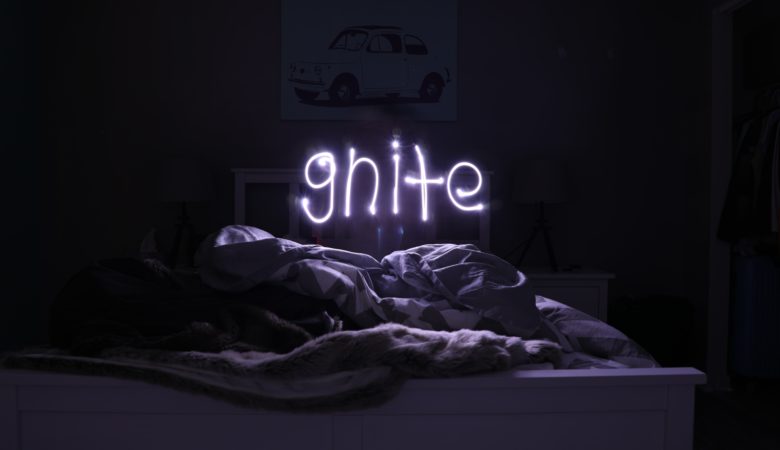Is Lucid Dream Control an Effective Treatment for Isolation, Anxiety and Depression?

We’re well past six months of COVID-19 isolation, which has had a significant impact on America’s mental health. As federal, state, county and city governments clash on what’s allowed, what’s banned and what might kill us all, the message is to stay home as much as possible.
At this point, even the most seasoned hermits are longing for the opportunity to go to an indoor restaurant or shop in a brick and mortar store. If your reaction to living a normal life is currently “in your dreams,” you’re not far off.
Lucid dreaming—a state where you are aware that you’re dreaming, and can control the dream—might be the answer to increasing isolation, depression and anxiety. Scientific research has pinpointed some new techniques to take control of your dream world, which is helpful when you can’t control anything else.
COVID-19’s toll on our mental health
According to the American Medical Association, about 39% of Americans have reported that the COVID-19 pandemic is negatively impacting their mental health—nearly half of women, and a third of men. The CDC has issued statements and guidelines for taking care of your mental health during the pandemic, from increased suicide risk due to isolation to what to do when your state reopens and you have to actually face three-dimensional humans again.
In short: this is a problem affecting a significant chunk of Americans.
What do you do when you can’t see your loved ones in person, travel, enjoy your normal activities or any of the usual things you’d do to stave off mental health woes? Lucid dreaming might help.
What is lucid dreaming—and how do you do it?
Lucid dreaming occurs when you’re aware that you’re dreaming during REM sleep. Some dreamers can occasionally control the dream—like when you realize you’re flying and consciously decide to take a quick jaunt over New York City. About 55% of people have had lucid dreams in their lifetime.
There are several different ways people purposely try to induce lucid dreaming. Some use it to “visit” loved ones or have interesting experiences; in other cases, it can be used to help overcome fears or solve problems. Over the last two decades, scientists have been studying lucid dreaming and its potential benefits, including nightmare relief and improving motor skills.
Why researchers think lucid dreaming can help isolation, anxiety and depression
In 2018, a study from the University at Adelaide compared different methods of lucid dream induction; a follow-up study delved into how lucid dreaming can help people who suffer from depression and anxiety.
Dr. Denholm Aspy, the study’s lead author, stated, “One of the applications of lucid dreaming is that it provides a way to have vivid, life-like and fulfilling experiences while dreaming that are not possible for some people while they are awake. This could be due to debilitating medical conditions, but also due to circumstances like self-isolation or quarantine when daily habits are disrupted and emotional stressors are high.”
For those already struggling with mental health issues, lucid dreaming could provide a quick escape—or a way to face your nightmares in both the dream and waking worlds.
Another 2018 study examined the relationship between PTSD and nightmares, trying to determine how different anxiety management techniques may help patients suffering from the condition. “The intervention consists of nightmares sufferers becoming lucid to their nightmares through various daily exercises…Once lucidity is established, it is anticipated that the fear from the nightmares becomes less intense because the dreamer can re-experience the traumatic event while having more control and less fear. The success of [lucid dreaming therapy] hinges on the assumption that dream recall will ensue and that the subjects will become lucid during the intervention phase.”
The treatment has been around since 1913, but the study showed that only 24% of participants were able to achieve dream control. In other words, if you end up controlling your dreams, inducing lucid ones may help PTSD and anxiety-related conditions.
Give lucid dreaming a try during COVID-19
For those of us struggling with COVID-19’s impact on our day-to-day lives—mourning cancelled graduations, vacations, weddings and more—lucid dreaming could be a pleasant escape hatch. However, if you suffer from more serious mental illness, you may wish to talk to your therapist before embarking on your own exploration. They can help you manage any surprising nightmares or triggers that may emerge.

